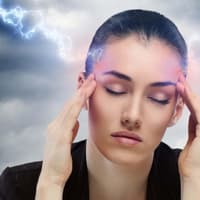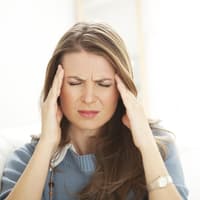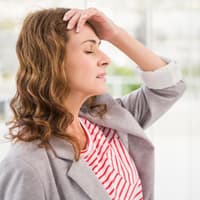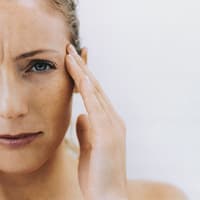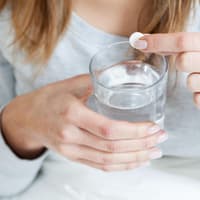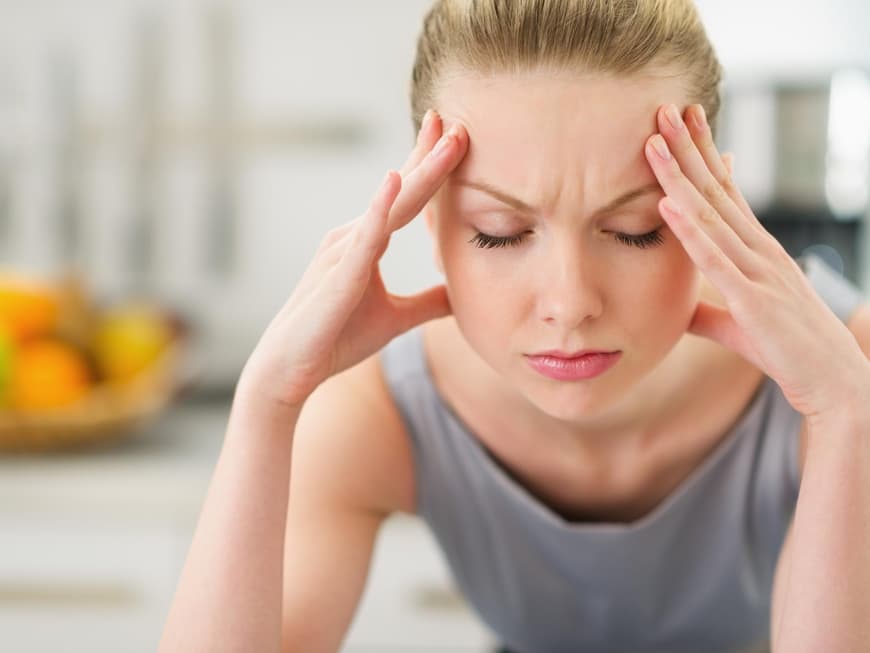
Around 18 million Germans suffer from migraines, and the number of unreported cases of this illness is high. Because almost everyone has a headache, but not everyone classifies it correctly. According to experts, an estimated 30 percent of sufferers are unaware that they have a migraine. What's more, headache sufferers rarely go to the doctor because they see the problem as an everyday nuisance, along the lines of: I have to get through it, and if it doesn't work any more, I'll just take a painkiller or two.
Migraine: these signs indicate it
Dizziness, cravings, mood swings or nausea are all signs of a migraine. Very often, sufferers are also extremely sensitive to noises, bright light and smells. Up to 20 percent have a so-called aura before an attack: this means blurred vision, dizziness, impaired sense of smell and sometimes speech problems.
The pain is stabbing and pulsating
It is typical of migraines that they almost always only affect one half of the head. During the attack, however, the side can sometimes change. The pain is pulsating and sharp rather than dull and flat.
Vascular inflammatory impulses are the cause
Researchers now believe that the cause of migraines is neurovascular inflammation. Nerve impulses trigger them at the blood vessels in the brain. But why this is the case has not yet been clarified. The only certainty is that no one is born with migraines, but that genes do play a role. However, migraines can only develop when certain stimuli are added - for example hormonal fluctuations. This is why many women always suffer from the illness at the same point in their menstrual cycle.
Often only strong painkillers help with migraines
Migraine - what helps? So-called triptans have proven effective in treating migraines - these active ingredients specifically combat vascular inflammation. They do not help with other headaches. These highly effective medications are also available without a prescription.
Beta-blockers and antispasmodics for prevention
Medication that is prescribed specifically for prevention: Beta-blockers and antispasmodics. However, regular exercise can also alleviate or even prevent attacks. A study by Kiel University has shown that endurance sports such as jogging or walking are particularly suitable for this. Relaxation techniques such as autogenic training or progressive muscle relaxation can also help with migraines and are estimated to reduce attacks by half.

